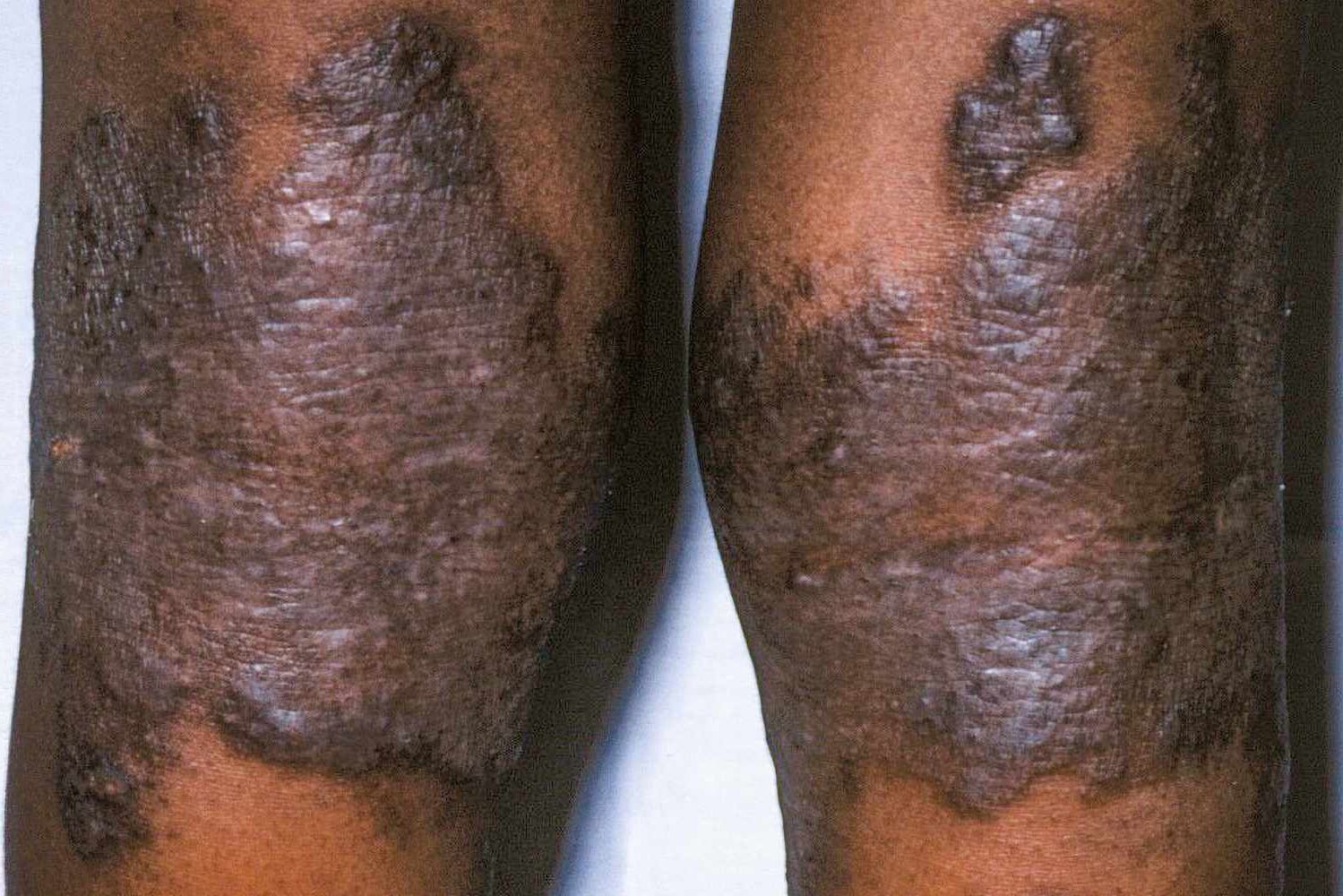Egzema a słońce - Jak promienie UV wpływają na skórę?
Ar egzema užkrečiama?
Iš esmės, odos egzema nėra užkrečiama liga ir negali būti perduodama kontaktuojant su sergančiuoju. Tačiau jeigu oda yra pažeista arba sudirginta, egzema gali būti užsikrėtusi bakterijomis arba grybeliais ir per kontaktą plisti į kitas kūno vietas arba persiduoti kitiems asmenims. Tokiu atveju reikia gydyti infekciją antibiotikais arba priešgrybeliniais vaistais. Infekcija gali sukelti odos paraudimą, patinimą, skausmą, šlapiavimą arba pūliavimą. Jeigu pastebite infekcijos požymių, svarbu laikytis higienos taisyklių ir kreiptis į gydytoją.
Egzema yra nemaloni ir nepatogi, tačiau dažna odos liga, kurią galima kontroliuoti ir gydyti. Jei kenčiate nuo egzemos, svarbu vengti odą dirginančių veiksnių ir naudoti drėkinamuosius kremus. Atsiradus egzemos požymiams, susisiekite su „Drops Clinic“ gydytojais specialistais. Jie pasirūpins jūsų sveikata, padės greitai atsikratyti ligos simptomų ir pagerins jūsų gyvenimo kokybę.
How Do Swollen Lymph Nodes Relate to Eczema?
“My surgeon removed my lymph nodes to check for cancer,” one MyEczemaTeam member wrote. “Turned out, it was just from my eczema causing my lymph nodes to swell for years.”
Infections
Weeping Eczema
Weeping eczema is a severe case of eczema. Per Cleveland Clinic, “Weeping eczema can appear anywhere on the body and, depending on your skin tone, causes red or purple blisters that ooze a clear to straw-colored liquid.” Open skin is more prone to infections, and Staphylococcus infections are the most common infection in people with weeping eczema. Symptoms can include tiredness, chills, fever, and swollen lymph nodes.
Impetigo
Impetigo is a type of skin condition caused by a bacterial infection. People with eczema can experience impetigo from open skin sores due to constant scratching, which allows bacteria to enter. Impetigo creates itchy blisters that can appear around the mouth or nose. Symptoms can include itchiness, sores, blisters, and swollen glands.
Eczema Herpeticum
Medications
Dupilumab (Dupixent) and tralokinumab-ldrm (Adbry) are biologics used to treat eczema. Although it’s less common to experience swollen lymph nodes during treatment, this symptom is a possible side effect of both biologics.
History and Physical
The distribution of the rash varies depending on patient age. Infants tend to have widely distributed, dry, scaly, and erythematous patches with small excoriations. They also tend to have lesions on their face, especially the cheeks. With age, the rash becomes more localized, areas affected include the extensor surfaces such as the wrists, elbows, ankles, and knees. School-aged children tend to follow the pattern seen in adults: the involvement of the flexural surfaces usually affects the anticubital and popliteal fosse.
The main management and treatment protocols for eczema include hydration and topical anti-inflammatory medications for flare-ups. The priority in treatment is focusing on a daily skin moisturizing regimen with a fragrance-free ointment with limited preservatives.[12] An ointment is preferred over a cream due to the high proportion of oil to water in lotions. Patients and caregivers should also identify and address any triggers. They should be instructed to avoid any environmental allergens, harsh soaps, detergents, fragrances as well as rough or nonbreathable fabrics.
Skin flare-ups can be treated with topical anti-inflammatory medications, such as topical steroids or steroid-free products like pimecrolimus, tacrolimus, or Eucirsa. In children, itching tends to be worse at nighttime. Oral antihistamines can be used intermittently at bedtime for disturbed sleep due to itch, however, antihistamines are no longer recommended for daytime use for itching in eczema. Patients with poorly controlled eczema have a higher risk of cutaneous infections. Patients and caregivers may be instructed to take diluted bleach baths or intranasal mupirocin to decrease the number of cutaneous infections.[13]
How Eczema Is Diagnosed
A healthcare provider can usually diagnose eczema based on symptoms, an exam, and
family and health history. A patch test for allergies or skin biopsy might also need to be performed.
Since there is no cure for eczema, treatments focus on managing symptoms and triggers, and reducing flare-ups.
Medication
Medications to treat skin itching and inflammation, keep skin moist, and prevent infection are sometimes used to treat eczema. They can include:
- Barrier repair creams
- Steroid creams
- Oral steroids
- Oral antibiotics
- Antihistamines
- Oral cyclosporine (for eczema that doesn’t respond to other treatments)
Specialized light therapy (phototherapy) is considered a safe treatment for eczema and can be used in adults or children. The treatment uses special light bulbs or a laser two to three times a week. It is usually done in a healthcare provider’s office, although some patients can use at-home devices.
Lifestyle Changes
To manage eczema, it’s important to work with a healthcare provider to identify possible triggers, and work on limiting exposure to them. Adopting a skin care routine that includes bathing, using moisturizer, and being gentle with the skin is also important.
You can also manage itchy skin and other symptoms by using home remedies, including:
- Using skin cleansers with low pH
- Applying cold compresses
- Taking an oatmeal or apple cider vinegar bath
Prevention Tips
There is no way to prevent eczema, but you can work to avoid flare-ups by:
- Sticking to a skin care routine
- Working with a healthcare provider to develop customized treatments
- Eating an anti-inflammatory diet
- Finding ways to decrease stress

 U nas zapłacisz kartą
U nas zapłacisz kartą
